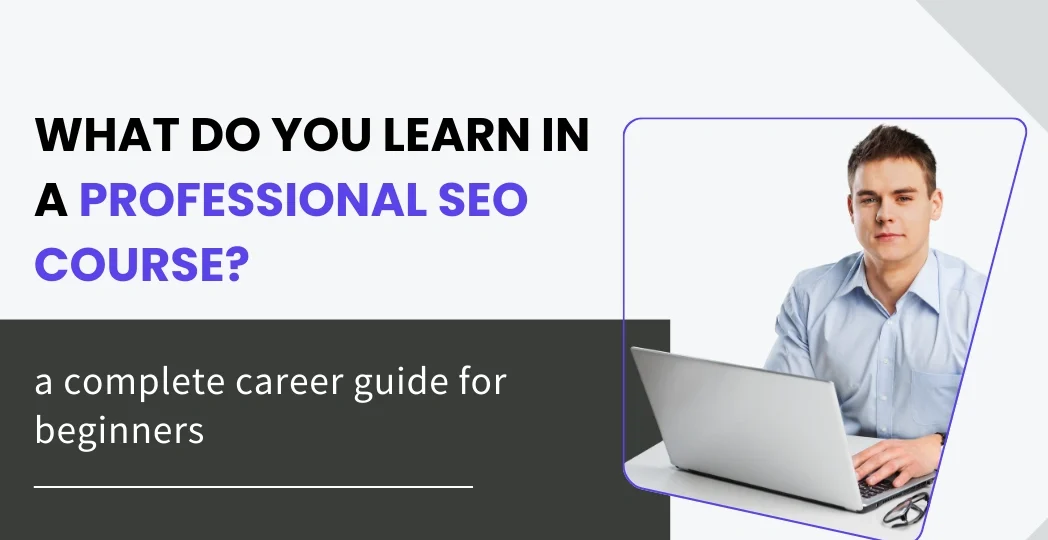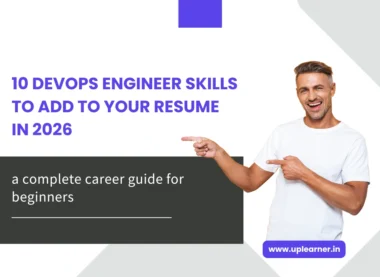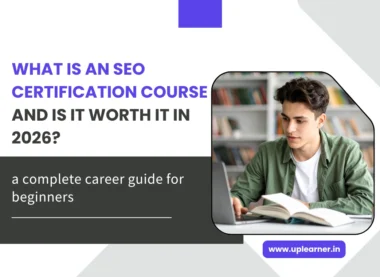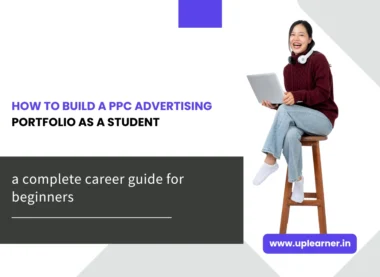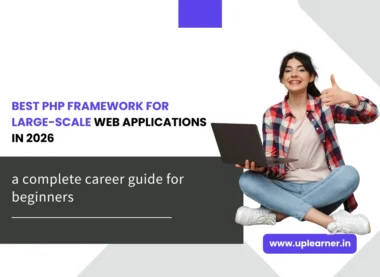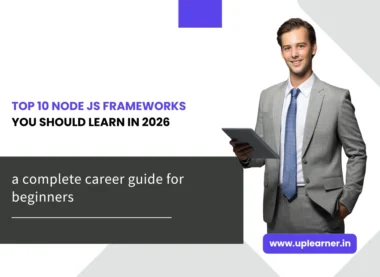Table of Contents
If you want to help a website get more visitors from Google, Bing, or other search engines, a Professional SEO Course is a great place to start. This kind of course teaches you the skills you need to make web pages easier to find and more useful for people. Below I explain, in simple and friendly language, what you will learn in a Professional SEO Course, why each part matters, and how you can use it in real life. I will also mention the term Search Engine Optimization (SEO) Course because some learners take both short practical courses and longer programs for deeper study.
A simple idea first: what is SEO?
SEO means helping a website appear when people search online. A Professional SEO Course shows you how search engines read pages, how people search for things, and how to connect the two so the right visitors find your site. The course turns confusing ideas into step-by-step actions you can try on a real website.
Core topics you will learn (and why they matter)
A Professional SEO Course usually covers several important areas. I’ll explain each area in plain words and give an example of how you might use it.
1. How search engines work
You will learn the basic process search engines use: crawling (finding pages), indexing (storing pages), and ranking (deciding which pages to show). When you know this, you can fix the parts of a website that stop search engines from understanding it. For example: if a page can’t be crawled, it won’t show up in search results.
2. Keyword research
Keyword research is finding the words people type when they look for something. A Professional SEO Course teaches how to choose keywords that match user intent and traffic potential. You will learn easy ways to find good keywords and how to pick ones you can realistically rank for. For small websites, choosing the right keywords makes a big difference.
3. On-page SEO (what’s on your page)
On-page SEO means improving the page itself: the title, headings, URL, images, and the main content. A Professional SEO Course shows how to write clear titles and helpful content so both people and search engines like the page. This includes writing naturally so visitors don’t feel like they’re reading for robots.
4. Technical SEO (site health)
Technical SEO is about the site structure and code. It includes site speed, mobile-friendliness, secure connections (HTTPS), and making sure pages can be crawled and indexed. A good Professional SEO Course gives hands-on labs to find and fix these problems. Fixes here help your whole site perform better in search.
5. Content strategy and writing
SEO is mainly about helpful content. You will learn how to plan topics, structure articles, and write for people first. A Professional SEO Course teaches how to create content that answers real user questions and keeps readers on the page. Good content gets shared, linked to, and ranks better over time.
6. Link building (earning trust)
Links from other websites are like votes of trust. The course will explain safe ways to earn links, how to ask for links politely, and how to spot bad or spammy links. Over time, good links help your site become more trusted by search engines.
7. Local SEO (for shops and local services)
If a business has a physical location, local SEO teaches how to appear in local search and on maps. You will learn to set up a Google Business Profile and collect useful local listings and reviews. This is very practical for local shops and service providers.
8. Analytics, tools, and reporting
You will learn to use tools like Google Search Console and Google Analytics to measure visits, clicks, and behavior. A Professional SEO Course teaches how to read simple reports and make decisions based on data, not guesswork. This helps you know what works and what needs more work.
9. Practical projects and tools
Most good Professional SEO Course programs include real tasks: site audits, keyword lists, and content plans. They also train you on popular tools (Semrush, Ahrefs, or free Google tools) so you can practice and build a portfolio. Practice is what turns learning into useful skill.
10. Advanced topics and staying updated
Some courses cover advanced ideas like SEO for e-commerce, international sites, and how AI affects search. SEO changes often, so a strong course also teaches how to keep learning after it ends.
What you can do after the course
After a Professional SEO Course, you should be able to:
- Run a basic SEO audit and list clear fixes.
- Do keyword research and build a simple content plan.
- Optimize titles, headings, and meta descriptions.
- Use analytics to check real results and improve pages.
- Explain an SEO plan to a manager or a client in plain language.
Many learners leave with a certificate or a small project that shows their work. These help when you apply for jobs or offer freelance services.
How to choose the right course
Not every course is the same. Pick a Professional SEO Course by checking:
- Does the syllabus cover basics plus technical and practical labs?
- Are teachers experienced practitioners?
- Are there hands-on assignments or real projects?
- Do past students give good feedback?
- Does it teach tools you will use daily?
Also consider a shorter Search Engine Optimization (SEO) Course from trusted sites for free practice, and combine it with a longer professional program if you want depth.
Final note — practice makes it real
A Professional SEO Course gives the map and the tools. The real learning comes when you practice on live pages: run audits, write posts, and watch results improve. If you keep learning and testing, SEO becomes a useful and long-lasting skill you can use for jobs, personal projects, or to help local businesses grow.


